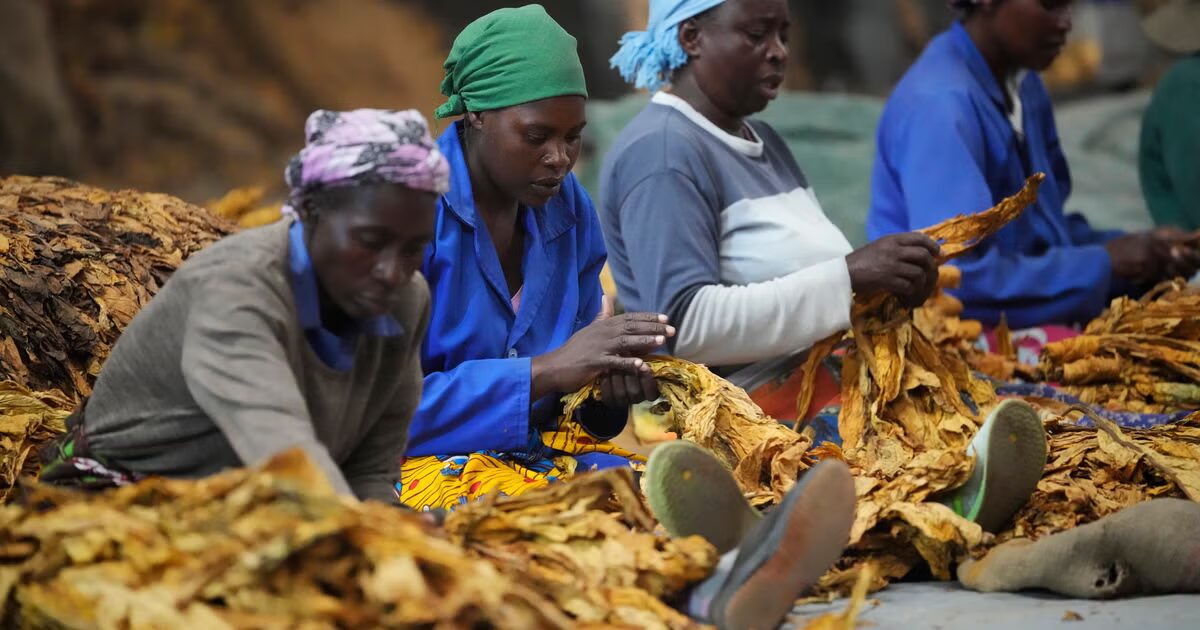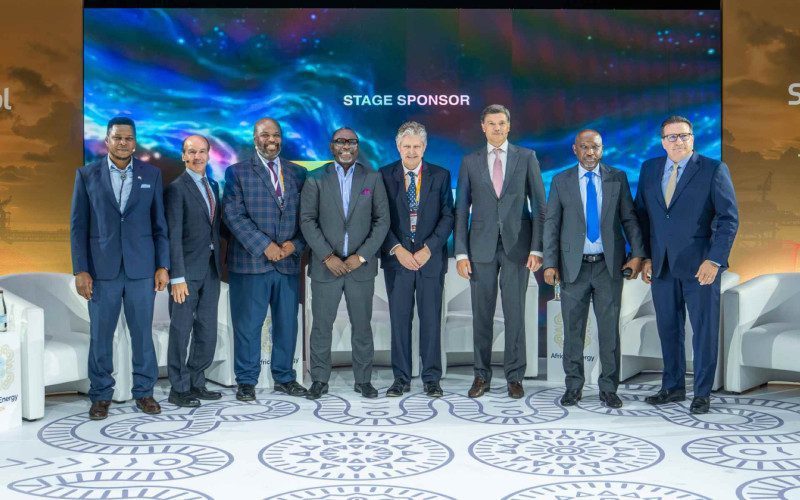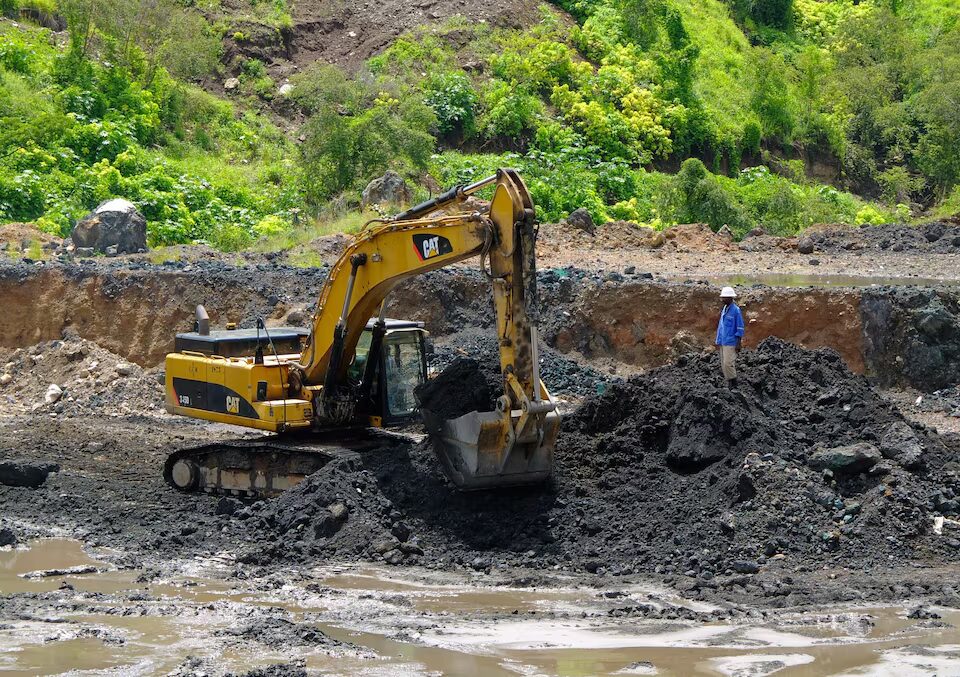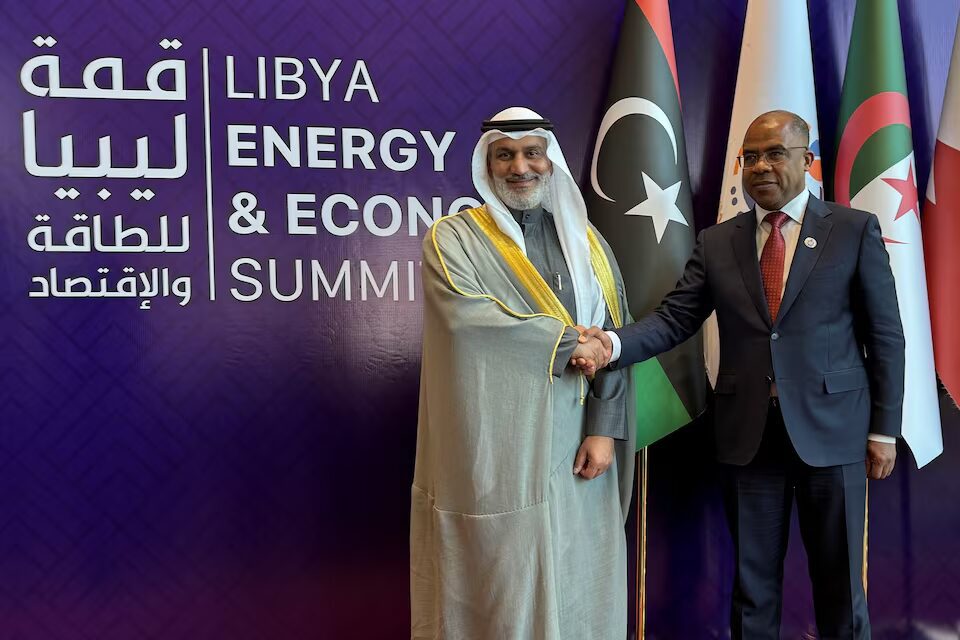
Friday 03rd October 2025

by inAfrika Newsroom
A convergence of U.S. political will and African regulatory reforms is creating a strategic opening for American investment across Africa’s energy sector, speakers told delegates at African Energy Week (AEW) 2025.
“This administration is unleashing opportunities,” said Mark Menezes, President & CEO of the U.S. Energy Association, citing the lifting of constraints on the U.S. Export-Import Bank and other federal financing agencies. “Africa is resource-rich, and we see long-term partnerships not just for oil and gas but also for critical minerals.”
On the African policy side, Ekperikpe Ekpo, Nigeria’s Minister of State for Petroleum Resources (Gas), said Abuja’s Petroleum Industry Act and a suite of recent Executive Orders are designed to streamline regulation and attract U.S. capital. “We are reducing bottlenecks and contracting timelines, as well as improving fiscal terms,” he said. Ekpo also highlighted the Midstream and Downstream Gas Infrastructure Fund, established to de-risk projects, crowd in private investors, and accelerate investment in pipelines and processing facilities.
Deal practitioners reported a steady improvement in investor confidence. “Difficult issues around foreign exchange, repatriation of profits, [and] regulatory uncertainty – those are being addressed,” said Jude Kearney, Managing Partner at Asafo & Co. “African governments have also increased their capacity to do PPPs.”
Panelists cautioned, however, that policy clarity alone will not deliver projects. Andrew Inglis, CEO of Kosmos Energy, contrasted the pace of Ghana’s Jubilee development — “license award to production in six years” — with today’s averages of around 20 years. “It takes more than just regulatory clarity – it takes drive from the top to get things done,” he said. “As U.S. companies, we bring finance, technology and deepwater expertise. It’s great to be supported now by an administration that believes in our industry.”
NJ Ayuk, Executive Chairman of the African Energy Chamber, said the current cycle represents “a new era not only of energy dominance, but of African energy opportunity.” He urged action to translate policy into bankable deals. “We need to back it with finance and remove the bottlenecks. There’s so much more Americans can do. We have a moment right now – seize it.” Ayuk added that governments must reinforce predictability: “We need to see free markets, limited government and personal responsibility. Money flows where it’s welcome. Our job in 2026 is to make Africa the most attractive destination for oil and gas investment.”
From an operator’s standpoint, Kola Karim, Group CEO of Shoreline Energy, argued that U.S. engagement is most valuable where infrastructure gaps persist. “The oil is there. The problem is facilities, and that means financing. That’s where U.S. companies, with technology and support from DFC and EXIM, can add real value. If you can manufacture onshore in America, you can export into our markets and help us deliver faster, better projects.”
Speaking for Washington, Andrew Rapp, Senior Adviser at the U.S. Department of Energy, said Africa’s energy future is integral to global prosperity. “Energy addition is a priority for the DOE, and nowhere can it be more impactful than here in Africa. This is our goal as an agency and it has support from the highest levels of the administration.”


